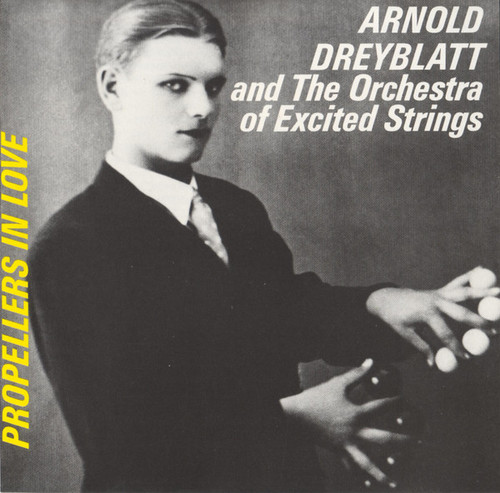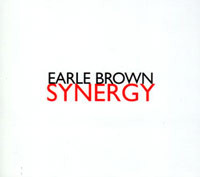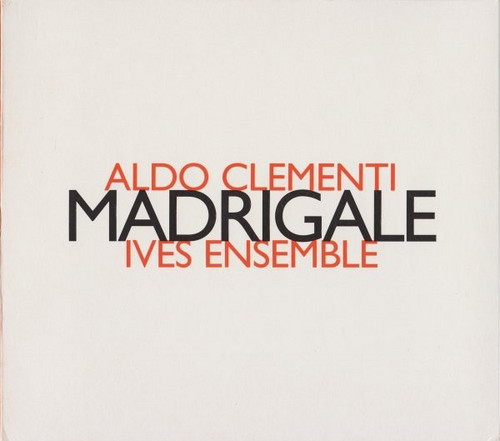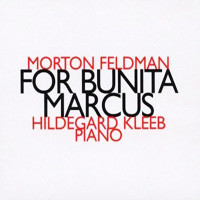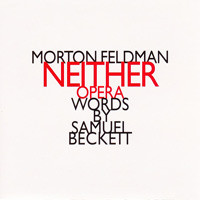★Hat Art
Propellers In Love
Arnold Dreyblatt has been called "the most rock 'n' roll of all the composers to emerge from New York's downtown scene in the 1970s." Arnold Dreyblatt founded the Orchestra Of Excited Strings in 1979, harnessing unusual tuning intervals to an exuberant performance style. Propellers In Love, the Orchestra's second album – originally released in 1986 on the Stasch imprint, in conjunction with the contemporary art space Künstlerhaus Bethanien – develops Dreyblatt's rhythmically exacting exploration…
Sinergy
The question of form is key in the music of Earle Brown, one of the foremost American composers of the past fifty years. It was a certain amount of serendipity and a shared interest in the liberation of musical form which brought Brown to gether, circa 1951, with John Cage, Morto n Feldman, Christian Wolff, and David Tudor, in what was for a time called the New York School. … There was a close identification between these composers and painters at this time, and Feldman and Brown, especially, to…
Madrigale
We know the mantra all too well: If I love it, what can I do but repeat it? If I repeat it, what can I do but get bored with it? One answer might be (must be): to make out of its repetition something infinitely variable. This Clementi has done for the last twenty years. He has found a technician's answer to the familiar question of what to do, musically, with the compulsive nature of memory, the obstinate tenacity of the Proustian 'petite phase'. Beethoven and Brahms exorcised this power, this c…
For Bunita Marcus
For Bunita Marcus has an aura like that which emanates off Rothko’s greatest paintings, an aura that makes the experience, no less than the creation, more than an act of will, an act of devotion. — Art Lange
Neither
Neither has been identified by some as an opera (it was commissioned by the Rome Opera) but it makes use of none of the conventions of traditional opera. There is no story, no mise-en-scene. The intensity results from emotional/aesthetic tension, not plot manipulation or character confrontation. The music does not attempt to accompany or depict the text in the usual fashion; instead Feldman has created a kind of musical equivalent to the environment that Beckett's words suggest, invoking …
